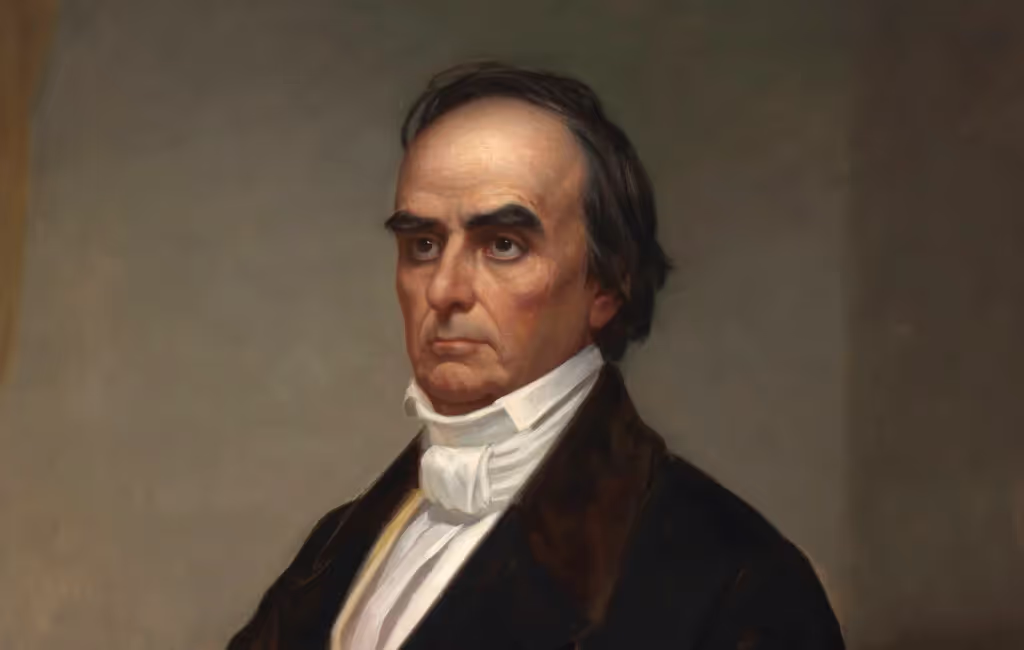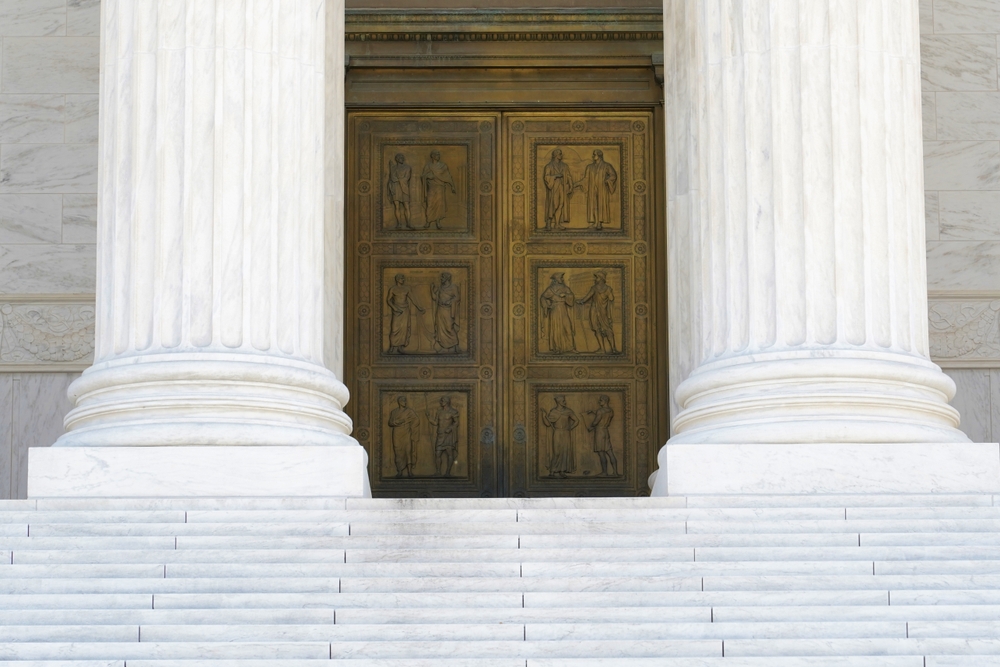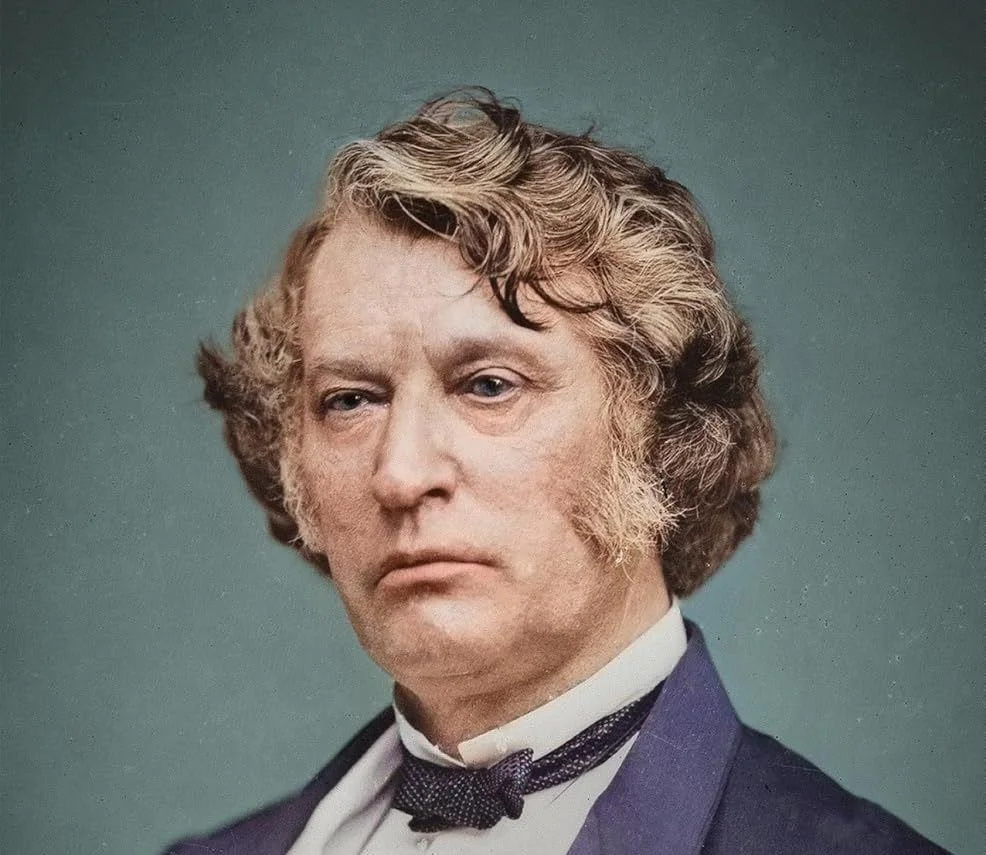
A Call for Legislative Statesmanship
It's time to stop overlooking the existence of a specifically American type of statesmanship.
Presidents’ Day is a relatively recent holiday. Until 1968, it was celebrated on February 22nd, and George Washington’s birthday was recognized, not the office of the presidency itself. Although Congress has not officially changed the name of the holiday to Presidents’ Day, it moved the holiday to the third Monday in February. It is popularly known as Presidents’ Day because many celebrate Washington’s birthday alongside Abraham Lincoln’s, whose birthday is February 12th.
Both George Washington and Abraham Lincoln would likely scoff at the notion that Americans should set aside a day to celebrate the presidency. It is curious that in a republican form of government, we would think of the presidency as the place where statesmanship occurs.
It is a mistake. In a republic, we should honor legislators rather than presidents. We should honor and cultivate legislative, not executive, statesmanship. If we did this, perhaps we would promote a stronger and better Congress rather than a legislature that cedes authority to an executive leviathan.
In his most famous essay on the separation of powers, Federalist 51, James Madison wrote that “the great security against a gradual concentration of the several powers in the same department” consists in supplying each branch with “the necessary constitutional means and personal motives to resist encroachments of the others.” In civics classes, we tend to focus on the “constitutional means” – the president’s veto power, Congress’s impeachment authority, and so on.
But Madison suggested that the more important factor was the “personal motives.” As he wrote immediately following the above sentence, “Ambition must be made to counteract ambition. The interest of the man must be connected with the constitutional rights of the place.” For the constitutional means to work, the people in each office must be motivated to use their powers to protect their offices. The key motivation is ambition. Legislators are ambitious, and they are motivated by, as Madison put it in Federalist 57, “marks of honor, of favor, of esteem, and of confidence,” as well as “motives of a more selfish nature” such as “pride and vanity.”
In other words, Madison understood that legislators would only defend and hold on to their power if doing so promoted their ambition, honor, and esteem with the people they represent. If they receive no honor for legislating from the people, they will pursue it in other ways. Much of what we see in Congress today – constant fundraising, posting short videos on social media, dunking on people on “X,” grandstanding in committee hearings, and running for other offices – can be easily explained simply by following Madison’s logic.
This indicates that the most critical roadblock to legislative statesmanship is simple: Americans do not honor it. At one time in our nation’s history, Clay, Webster, and Calhoun were lauded. In the not-so-distant past it was still common for Americans to think of great legislators across the political spectrum as their statesmen: Robert Byrd, Ted Kennedy, Orrin Hatch, Robert Taft.
Alexander Hamilton famously called fame “the ruling passion of the noblest minds” in Federalist 72. He wrote of that passion in the context of the presidency, and today, it is easy for readers to see why. Presidents are awarded lasting fame, but legislators are denied it. But it doesn’t have to be that way. We can honor legislators just as much as we honor presidents.
How can we honor and promote legislative statesmanship? Institutes and institutions of higher education should offer programs on legislative statesmanship and define statesmanship through a legislative lens. Most institutions that promote statesmanship today explicitly define it through an executive lens. They highlight Washington, Lincoln, and other presidents as great statesmen but overlook the great legislators who have contributed to the nation’s history and flourishing.
A Program on Legislative Statesmanship, led by Congress or a prominent institution, should promote studies of legislative statesmanship and bestow honors on great legislative statesmen. Presidents have their Mount Rushmore and the constant flood of historians’ rankings – why shouldn’t legislators?
For example, consider the Senate’s creation of a special committee in 1957 to consider the five greatest senators of all time. John F. Kennedy chaired the committee, which selected John Calhoun, Henry Clay, Daniel Webster, Robert La Follette, and Robert Taft in 1959. Those five senators and two added in 2004 (Arthur Vandenberg and Robert Wagner) grace the Senate’s informal “hall of fame” in the Senate’s reception room. (Roger Sherman and Oliver Ellsworth are also recognized in the room as a commemoration of the Connecticut Compromise.) While very few people today know that there is a Senate “hall of fame,” drawing more attention to these kinds of honors would help spark senators’ ambition to be worthy of them.
Now is the time to revive this kind of effort. Congress is poorly understood today and held largely in contempt. Reviving members' ambition through these kinds of honors would help revive the institution.
But to honor and promote legislative statesmanship, we must define it and distinguish it from executive statesmanship. So, what is legislative statesmanship?
First, it requires engagement with the legislative process, which means building coalitions and persuading and compromising with other members. Great acts of presidential statesmanship “go it alone.” They are decisive but also divisive. Legislative statesmanship often involves bargains and compromises worked out over time. They help to build trust and stability in the political system, benefits that (as Philip Wallach argues) only Congress can provide.
Second, legislative statesmanship is the result of legislative work and achievement. Legislative work involves drafting bills, studying issues, and conducting effective oversight leading to policy reform. It eschews “performative” politics that serves to agitate the public without making a tangible impact on policy.
Third, legislative statesmanship respects our constitutional system's constraints on power. Classical forms of statesmanship were less constrained by constitutional forms. They operated within wider spheres of discretion. Our Constitution’s Framers were suspicious of concentrated and unchecked power, creating a political system that provided less space for the bolder, classical form of statesmanship. They created a republic where the people are supposed to rule through their representatives. They established a Constitution that would diminish our reliance on “enlightened statesmen” who would “not always be at the helm.”
Yet they also understood that representatives were responsible for “refining and enlarging the public views” and ensuring that the majority's sense, not the will, would rule. Legislative statesmanship involves listening to the people, acting on their behalf, and refining the public will into functional policy. Clay, Calhoun, and Webster surely advocated for the views of their constituents, but they attempted to overcome the divisions they represented rather than foment those divisions for short-term gain. Likewise, legislative statesmen today would represent the views of their constituents, but they would also work to preserve a political culture where representatives can work together to overcome their differences.
There is a tremendous irony in how leading thinkers write and argue about statesmanship today. America is a constitutional republic where the people rule through their representatives in Congress. Yet today, people invoke presidents, not legislators, as the leading statesmen in our history: Washington, Lincoln, FDR, Reagan. In so doing, they both overlook the existence of a specifically American type of statesmanship and accelerate its decline. Today, we should cultivate and honor legislative statesmanship instead of celebrating presidents.
Joseph Postell is an Associate Professor of Politics at Hillsdale College.
Constitutionalism

Amicus Brief: Hon. William P. Barr and Hon. Michael B. Mukasey in Support of Petitioners
Former AGs Barr and Mukasey Cite Civitas in a SCOTUS Brief

Rational Judicial Review: Constitutions as Power-sharing Agreements, Secession, and the Problem of Dred Scott
Judicial review and originalism serve as valuable commitment mechanisms to enforce future compliance with a political bargain.

Supreme Court showdown exposes shaky case against birthright citizenship
Supreme Court will hear challenges to Trump's order ending birthright citizenship, testing the 14th Amendment's guarantee for babies born in America.

Slavery and the Republic
As America begins to celebrate its semiquincentennial, much ink has been spilled questioning whether that event is worth commemorating at all. Joseph Ellis’s The Great Contradiction could not be timelier.

Two Hails For The Chief’s NDA
Instead of trying to futilely plug the dam to stop leaks, the Court should release a safety valve.


.avif)










.avif)



